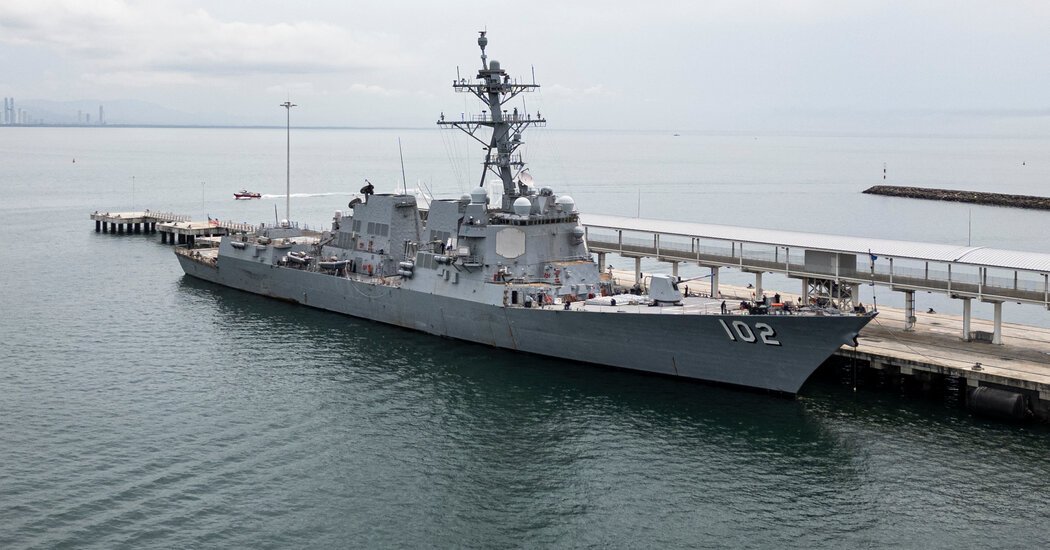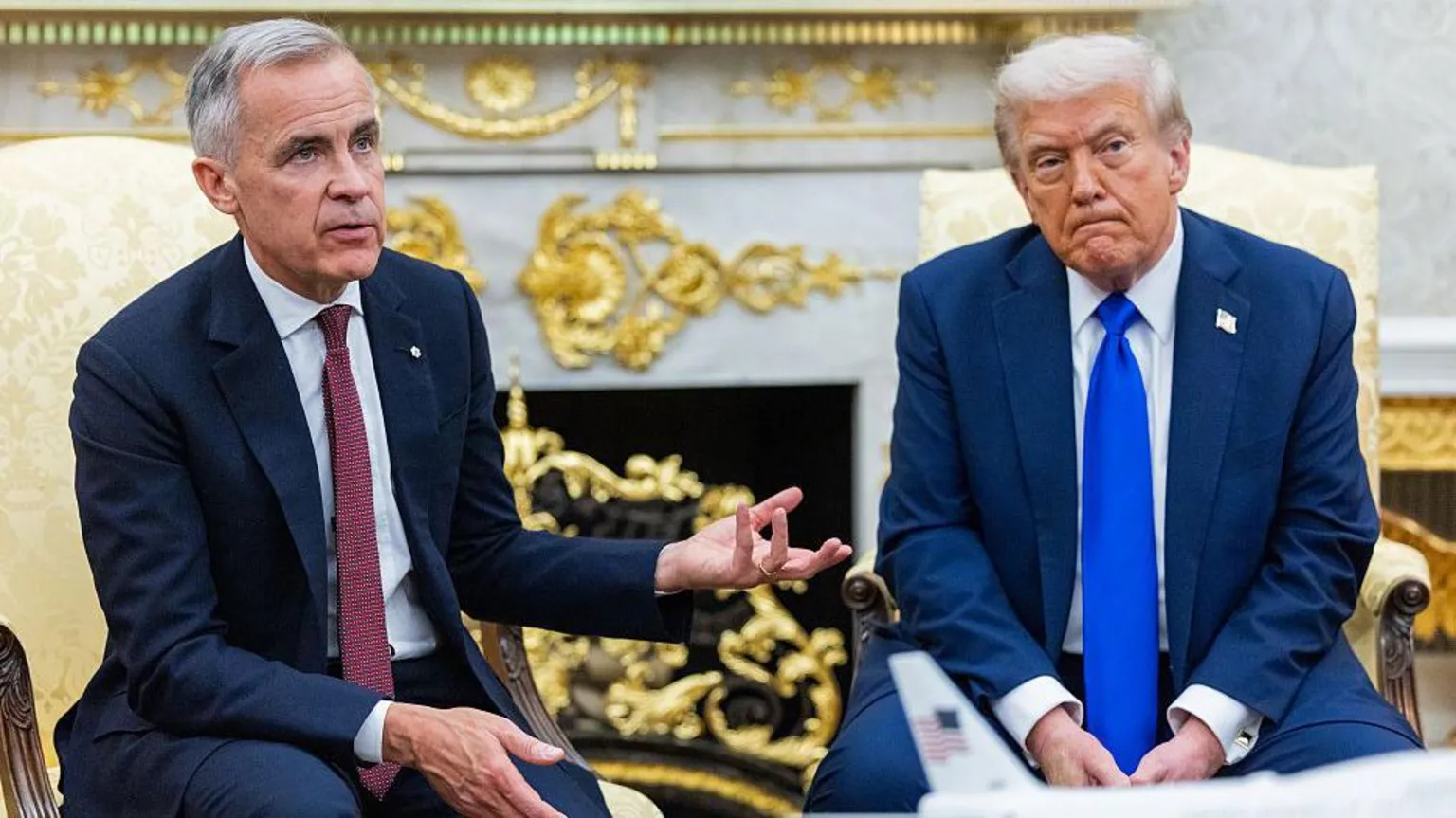Boat Strike Marks Start of Trump Administration’s Campaign Against Venezuelan Cartels
What happened: strike and immediate aftermath
According to official accounts, U.S. forces engaged a boat they said was linked to Venezuelan criminal networks and posed an imminent threat as it transited international waters. The strike reportedly left 11 people dead and produced footage circulated by the administration that it says confirms the vessel’s illicit role. The White House framed the operation as part of a sustained campaign to disrupt narco. Trafficking routes originating from or transiting near Venezuela.
Administration framing: a new campaign</h2> <p>Senior officials have described the action as the beginning of a broader military campaign targeting cartels operating out of Venezuela and the surrounding region. Statements from the administration emphasize deterrence, arguing that decisive force will make traffickers reconsider high risk shipments destined for the United States.</p&gt;
<blockquote>“It could mark the start of a campaign against Venezuelan cartels,” — senior administration official.
Legal questions and policy concerns
The use of lethal force in an apparent law-enforcement context raises complex legal and ethical issues. International law experts and civil liberties advocates have warned that military strikes against suspected smugglers — particularly outside of armed conflict zones — risk setting precedents that blur the line between defense operations and domestic law enforcement.</p> <p>Key concerns include: the threshold for declaring an imminent threat, requirements for proportionality, chain of custody for evidence that would support criminal prosecutions, and whether such strikes respect the sovereignty and due process rights of affected states and individuals. <h2>Regional reaction: divided responses
<p>Responses across Latin America were split. Some regional leaders welcomed a tougher U.S. posture against transnational criminal networks. Others criticized the action as potentially unlawful and likely to inflame tensions. The incident has also fueled a diplomatic row with Venezuelan officials. Who dispute elements of the U.S. account and have questioned the provenance of released footage.
The broader policy context
The strike follows a series of policy moves aimed at curbing narco-trafficking. Including designations of select criminal groups under national security frameworks and increased military deployments to the southern Caribbean. The administration’s approach signals a shift from traditional interdiction and law enforcement toward a securitized, military-led strategy.
Potential implications
- Militarization of drug policy: Greater reliance on military assets for interdiction may reshape long-standing domestic and international norms.
- Diplomatic fallout: Strikes risk straining relations with neighboring states and complicating multilateral drug-control cooperation.
- Legal scrutiny: Expect increased legal challenges and calls for greater transparency about the intelligence behind such operations.





